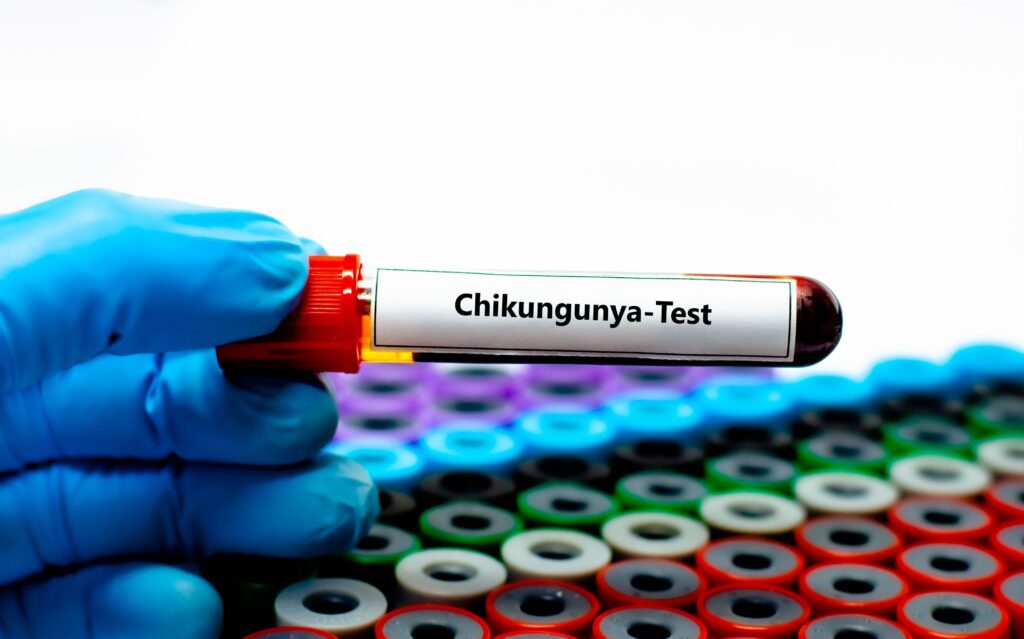
On August 22, 2025, the U.S. Food and Drug Administration (FDA) announced the suspension of the biologics license for the chikungunya vaccine, Ixchiq, developed by Valneva Austria GmbH. This decision came after serious safety concerns emerged regarding the vaccine’s benefit-risk profile, particularly following reports of adverse events in vaccinated individuals.
Initially approved in November 2023 under an accelerated pathway, Ixchiq was intended for adults aged 18 and older who were at high risk of exposure to the chikungunya virus. Since its introduction, the vaccine has been linked to over 20 serious adverse events, including at least three deaths. One notable incident involved an elderly patient who developed encephalitis, with the vaccine strain of the chikungunya virus detected in their cerebrospinal fluid, indicating possible viral replication related to the vaccine.
In response to these alarming reports, the FDA, along with the Centers for Disease Control and Prevention (CDC), issued a temporary halt on May 9, 2025, to the administration of Ixchiq in adults aged 60 and older while further investigations were conducted. Although this pause was lifted on August 6, 2025, after enhanced safety warnings were added to the labeling, concerns about the vaccine’s safety persisted, particularly for older adults with chronic medical conditions.
The revised labeling cautioned that individuals aged 65 and older should approach vaccination with care due to their increased vulnerability to severe outcomes. Ultimately, the FDA’s Center for Biologics Evaluation and Research determined that the confirmatory trials had not sufficiently verified the clinical benefits of Ixchiq, leading to the suspension of its license.
As the first FDA-approved chikungunya vaccine, Ixchiq represented a significant advancement in efforts to combat a disease that affects over 110 countries. In clinical trials, the vaccine demonstrated efficacy, although it was associated with a small percentage of recipients (1.6%) experiencing chikungunya-like symptoms that interfered with daily activities, including two hospitalizations.
In May 2025, reports compiled indicated 17 serious adverse events among vaccine recipients worldwide, specifically in individuals aged 62 to 89. Among these cases were fatalities linked to complications such as aspiration pneumonia following vaccination. Six of these serious cases were documented within the United States.
The FDA and CDC have emphasized the importance of healthcare providers, including pharmacists, in carefully weighing the risks and benefits of the vaccine for older adults. They have also urged clinicians to report any suspected adverse events to the Vaccine Adverse Event Reporting System (VAERS) to ensure ongoing monitoring of the vaccine’s safety profile.
In light of Ixchiq’s challenges, another chikungunya vaccine, VimKunya, developed by Bavarian Nordic, received FDA approval in February 2025 for individuals aged 12 and older. Phase 3 trial data revealed that 98% of recipients developed neutralizing antibodies within 22 days, with durable responses observed in 86% at six months. Notably, among participants aged 65 and older, 87% demonstrated robust antibody responses, suggesting a more favorable safety profile compared to Ixchiq, as VimKunya utilizes a virus-like particle platform rather than a live attenuated virus.
As the situation develops, the FDA continues to monitor the safety of chikungunya vaccines closely, highlighting the need for transparency and ongoing vigilance in vaccine administration practices.






